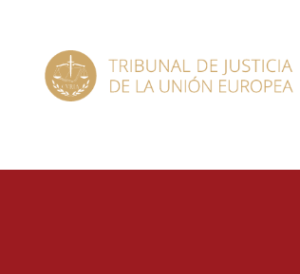In the preliminary ruling in Junqueras Vies (C-502/19), delivered on 19 December 2019, the Court, sitting as the Grand Chamber, clarified the personal, temporal and material scope of the immunities enjoyed by Members of the European Parliament.
In this case, a number of questions were referred to the Court for a preliminary ruling relating to the interpretation of Article 9 of the Protocol by the Tribunal Supremo (Supreme Court, Spain). Those questions were raised in the context of an action brought by a politician elected to the European Parliament in the elections of 26 May 2019 against an order refusing to grant him a special authorisation to leave prison. The person concerned had been placed in provisional detention prior to those elections in the context of criminal proceedings brought against him for his participation in the organisation of the referendum on self-determination held on 1 October 2017 in the autonomous community of Catalonia. He requested that authorisation in order to discharge a formality required by Spanish law following the declaration of results, namely swearing or pledging to abide by the Spanish Constitution before a central electoral board, and subsequently to travel to the European Parliament in order to take part in the inaugural session of the new parliament. Following the referral made to the Court, the Tribunal Supremo, on 14 October 2019, sentenced the person concerned to a 13-year term of imprisonment and, for that same period, a 13-year disqualification from holding any public office or exercising any public function.
Conclussions
The Court held, in the first place, that a person who is elected to the European Parliament acquires the status of Member of Parliament as a result of and from the time of the declaration of the election results, with the result that he enjoys the immunities guaranteed by Article 9 of the Protocol.
In the second place, the Court held that persons who, like Mr Junqueras Vies, have been elected Members of the European Parliament enjoy, from the moment the results are declared, the immunity as regards travel which is attached to their status as Member and provided for in the second paragraph of Article 9 of the Protocol.
Finally, the Court held, in the third place, that the immunity as regards travel granted to every Member of the European Parliament entails lifting any measure of provisional detention imposed prior to the declaration of that Member’s election, in order to allow that person to travel to and take part in the inaugural session of the European Parliament.







Leave a Reply